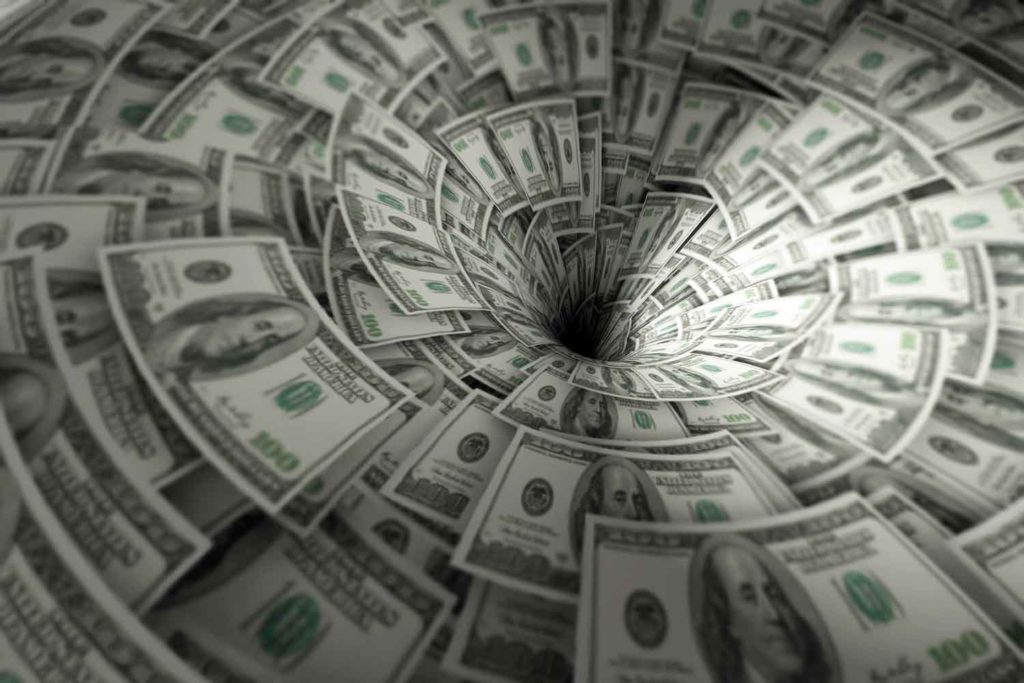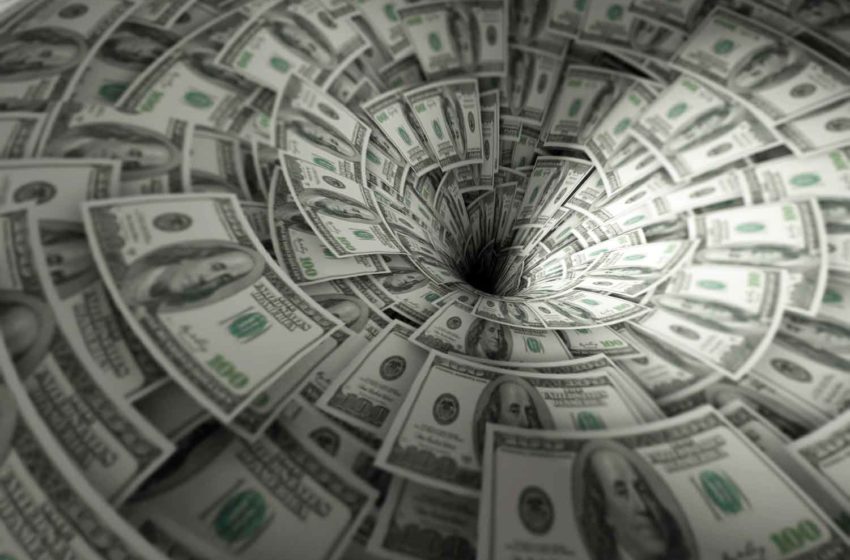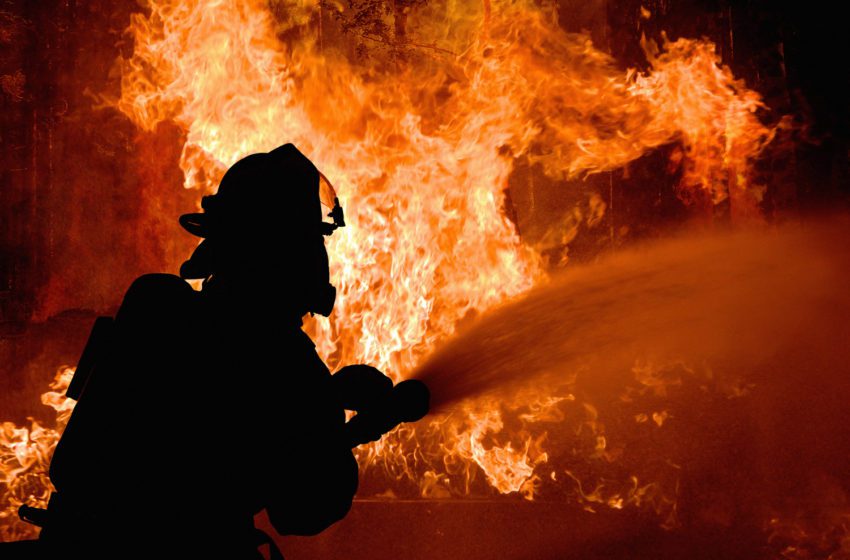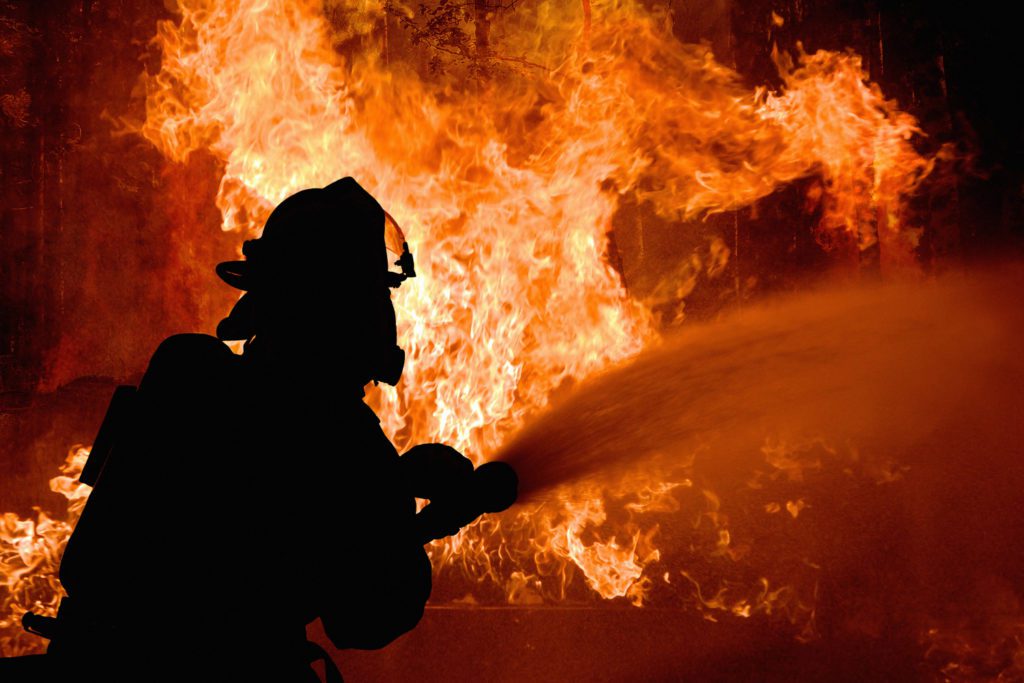
Smoking cost the U.S. economy $891 billion in 2020, almost 10 times the cigarette industry’s revenue of $92 billion, reports Medical Xpress, citing a new American Cancer Society study.
“Economic losses from cigarette smoking far outweigh any economic benefit from the tobacco industry—wages, and salaries of those employed by the industry, tax revenue and industry profit combined,” said Nigar Nargis, senior scientific director of tobacco control research at the cancer society.
“As a society, we can mitigate these economic losses through coordinated and comprehensive evidence-based tobacco control measures, which encourage people to quit smoking and prevent people from starting to smoke in the first place,” Nargis said.
Researchers used economic modeling that measured economic loss from cigarette smoking by state. Kentucky, West Virginia and Arkansas showed the highest losses while Utah, Idaho and Arizona showed the lowest losses.
“The damage this industry causes on individuals’ lives and our nation’s economy is horrifying,” said Lisa Lacasse, president of the American Cancer Society Cancer Action Network.
“It’s particularly alarming, but not surprising, to see some of the states with the highest economic loss have the weakest tobacco control policies in place,” Lacasse said. “We know what works to reduce tobacco use and lessen this burden, and it’s past time we get it done.”
The U.S. Department of Health and Human Services has a goal of reducing smoking to 5 percent of adults by 2030. “The Healthy People 2030 goal provides an important target that will help reduce smoking and correspondingly the negative economic impact of tobacco use,” Nargis said.























